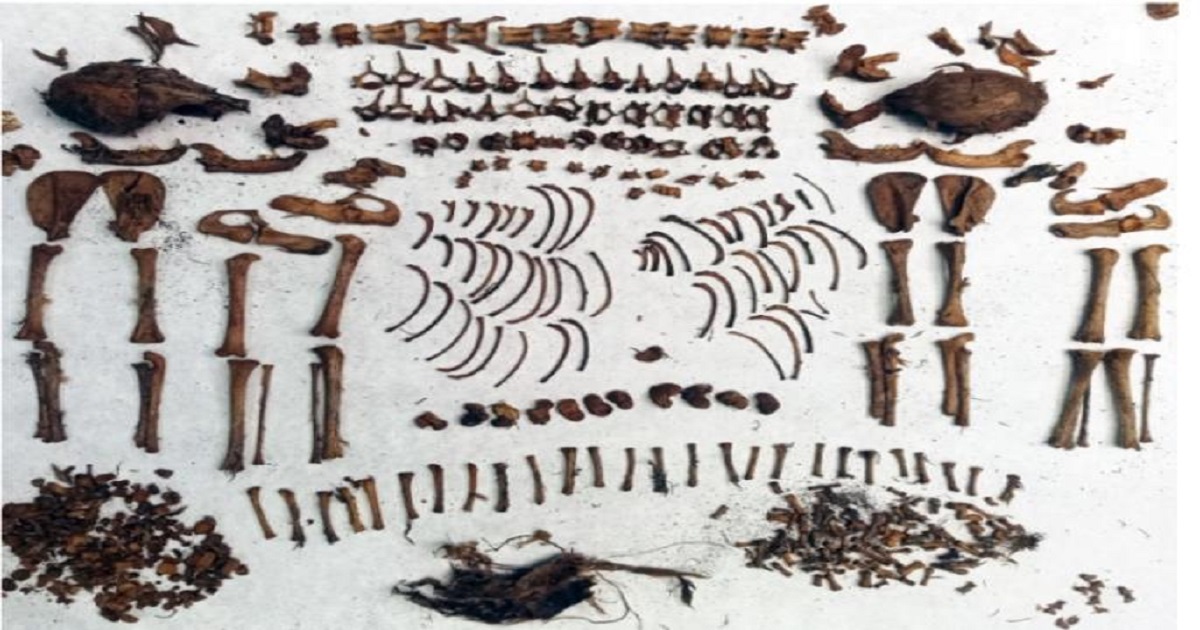Why Animals Die: Forensic Science in Veterinary Practice
A special issue of Animals (ISSN 2076-2615). This special issue belongs to the section "Veterinary Clinical Studies".
Deadline for manuscript submissions: 30 November 2025 | Viewed by 474

Special Issue Editors
Interests: veterinary pathology diagnoses; tumors; veterinary forensic pathology
Interests: veterinary pathology; veterinary forensics; diagnostics; microbial pathogenesis
Special Issue Information
Dear Colleagues,
Animal cruelty, also called animal abuse, is a significant problem affecting nonhuman animals. It includes various types of behaviors that cause unnecessary pain or stress to animals, such as neglect and physical violence. Abuse experienced by animals may come from customs such as religious rites or dog or cockfighting. It is important to detect this type of behavior not only to protect animals in society, but also because it is a potential indicator of interpersonal violence. Although each country, state or local administration has different animal protection laws with specific actions prohibited against companion and wild animals, they all share the same premise of ensuring animal welfare. This Special Issue on veterinary forensics seeks to reveal and denounce different types of animal mistreatment, some of which are not yet described in the current literature.
Prof. Dr. Antonio Rodríguez-Bertos
Dr. Agustín Rebollada-Merino
Guest Editors
Manuscript Submission Information
Manuscripts should be submitted online at www.mdpi.com by registering and logging in to this website. Once you are registered, click here to go to the submission form. Manuscripts can be submitted until the deadline. All submissions that pass pre-check are peer-reviewed. Accepted papers will be published continuously in the journal (as soon as accepted) and will be listed together on the special issue website. Research articles, review articles as well as short communications are invited. For planned papers, a title and short abstract (about 100 words) can be sent to the Editorial Office for announcement on this website.
Submitted manuscripts should not have been published previously, nor be under consideration for publication elsewhere (except conference proceedings papers). All manuscripts are thoroughly refereed through a single-blind peer-review process. A guide for authors and other relevant information for submission of manuscripts is available on the Instructions for Authors page. Animals is an international peer-reviewed open access semimonthly journal published by MDPI.
Please visit the Instructions for Authors page before submitting a manuscript. The Article Processing Charge (APC) for publication in this open access journal is 2400 CHF (Swiss Francs). Submitted papers should be well formatted and use good English. Authors may use MDPI's English editing service prior to publication or during author revisions.
Keywords
- animal cruelty
- production animals
- pets
- wildlife animals
- traumatisms
- asphyxia
- drowning
- sexual abuse
- neglect
- thermal injuries
Benefits of Publishing in a Special Issue
- Ease of navigation: Grouping papers by topic helps scholars navigate broad scope journals more efficiently.
- Greater discoverability: Special Issues support the reach and impact of scientific research. Articles in Special Issues are more discoverable and cited more frequently.
- Expansion of research network: Special Issues facilitate connections among authors, fostering scientific collaborations.
- External promotion: Articles in Special Issues are often promoted through the journal's social media, increasing their visibility.
- Reprint: MDPI Books provides the opportunity to republish successful Special Issues in book format, both online and in print.
Further information on MDPI's Special Issue policies can be found here.






